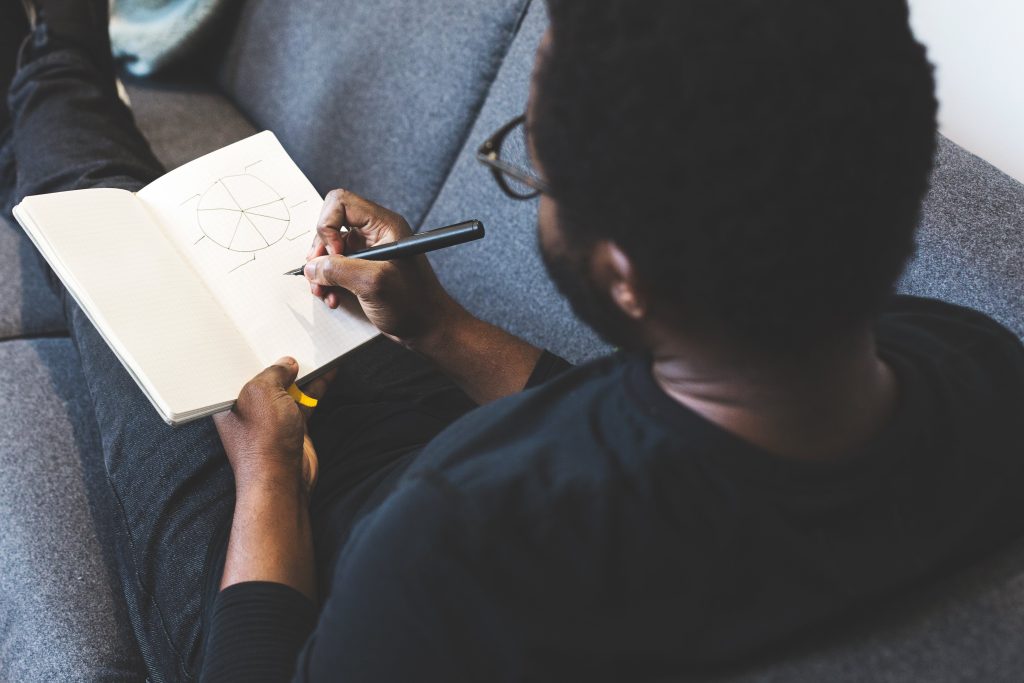
Would you like to tell us about yourself, your work and your education?
I studied medicine and surgery but I dropped out a few exams before graduating. I started working during university and approached a wide variety of jobs until I started collaborating with a number of different newspapers, including those specialising in technology. I worked as a freelance journalist in the medical field. Once I became a freelance journalist, I resumed my studies and completed a degree at the Faculty of Biomedical Engineering. In 2000, I attended a master’s course in communication and journalism and passed the state exam in 2007, becoming a professional journalist. I have worked as an editorial editor for several technology magazines. I created several websites, one in particular combining medicine and technology. I had already started as a journalist in radio and also had the opportunity to try my hand at television. I produce, together with others, a television format called Sei in Salute and I also have a podcast on RadioSalus.
What motivated you to create the television programme Six in Health?
I tried to combine two of my interests, television and science. I like local television very much. It creates, behind and in front of the camera, a playful, fun and familiar environment. As for popularising science, I think it is important in that field to be clear and consistent. Many historical events have shown that without these two elements (clarity and coherence), the citizen can find himself bewildered and disorientated or at the mercy of the first newspaper or the first improvised science popularizer who moulds the news to his liking.
What feedback have you had from your audience?
The feedback is very good, both for the TV programme and the website. Sei in Salute is one of the most popular programmes in the Bergamo area.
I believe its success is motivated by two factors:
the general interest in the subject of health and the vocabulary used.
How did the Salute Uomo project come about?
It was born from the collaboration with Professor Francesco Greco, urologist, and his Centro Salute Uomo in Bergamo. We wanted to devote this series of episodes to men because the latter are, in general, less devoted to prevention. Specifically, it is a five-part series on aspects of male prevention.
What kind of guests participate in the programme Sei in Salute?
We invite professionals working in the medical field and sometimes clinical cases, both men and women, to speak to us. Between men and women there is a big difference in the way they tell their stories. Women generally manage to express their pain, anxieties and illness more easily than men, because they perhaps feel less judged, less guilty about what they have been through and feel less ashamed.
Talking about certain issues, such as premature ejaculation, impotence or depression, for men, generally corresponds to admitting a loss of masculinity.
One girl, who had fallen ill with anorexia, came to tell her story on the programme and her testimony struck me not only because of the subject matter and how calm and at peace with herself she was talking about it, but also because of something else. While she was in the centre for people with eating disorders, she could see with her own eyes that there were many more girls/women suffering from those disorders than men. However, the women managed to recover, with a few exceptions, the men less so. When anorexia affects a man, it does so much more violently because he finds it even more difficult to talk about it and consequently to accept it.
Do you have any future goals? If so, can you tell us what?
Yes, I have in mind a web TV structured around scientific topics.
A slightly provocative question: will there ever be a women’s Health?
Not for now, but never say never. I put the same question to Prof. Francesco Greco and his answer was that, in terms of communication, more is being done for women than for men (although it is never enough!). There are screening campaigns and other initiatives that help the female gender to keep prevention high and constant. For men, on the other hand, creating effective communication is more difficult, so there was a pressing need to shift the focus to men as well.
